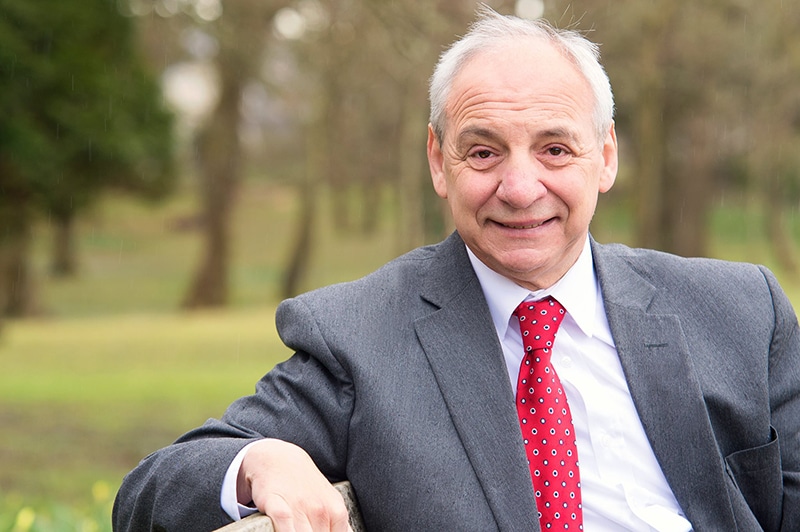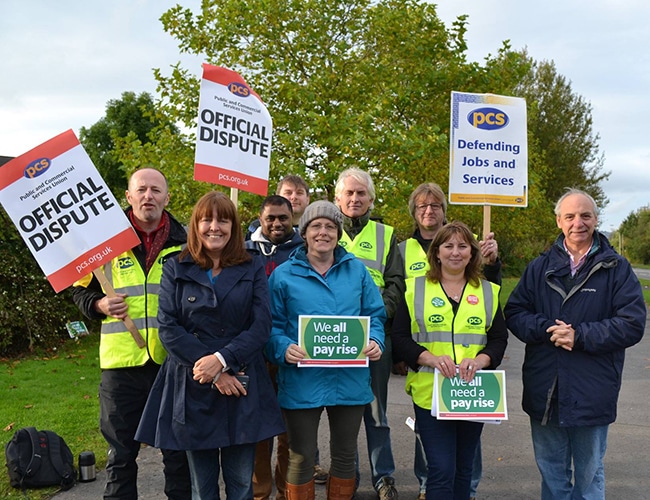- 18/11/2022
- Posted by: Mike Hedges MS
- Categories: Assembly Speeches, Latest News

MIKE HEDGES MS ASKS WELSH GOVERNMENT TO ENSURE THAT POLUTERS PAY FOR THE POLUTION THEY CAUSE
Speaking from his Senedd Office, local Swansea East MS said… ‘ For several years people who use the River Tawe in my constituency have complained of pollution and sewage in the River; investigations have confirmed that sewage is discharged in to the River Tawe from the water treatment works in Trebanos.
I have made the point many times both in the Senedd and in other places that companies such as Welsh water will continue to pollute our rivers until they are fined heavily for the pollution that they discharge into our rivers.
I continue to urge the Welsh government to adopt policies which ensure that polluters pay for the damages they cause because until polluting rivers carries a cost, these companies will continue to discharge sewage because it is cheaper for them to do this without fear of penalties.
Polluters should bear the cost of their pollution!’
Mike Hedges MS 16:50:22
Diolch, Llywydd. Can I welcome the Minister’s statement? The Minister is correct: over the next 20 years—in fact, the next 50 years—Wales faces wetter winters, hotter, drier summers, rising sea levels and more frequent and intense extreme weather events. Many of us growing up in the 1960s and 1970s were used to continual light rain; now we have long, dry spells, broken by very heavy rain, which can lead to flooding, often in areas that were never flooded before. Currently, over 60 per cent of rivers are failing phosphate targets, which is having a direct impact on wildlife. Pollution from sewage and wastewater is affecting rivers across Wales, including the River Tawe. Does the Minister agree that you cannot keep on putting phosphates, nitrates and sewage into our rivers without affecting both the quality of water and biodiversity? It doesn’t disappear, it is still there. Tackling storm overflows is one of the many elements that need to be addressed if we are to improve river quality in Wales. Untreated sewage is regularly discharged at the Trebanos treatment works in the Neath constituency of Jeremy Miles and affects the River Tawe, causing problems for anglers and children playing in the river downstream, which includes your constituency and mine, Minister. Does the Minister agree that it’s necessary to take action, including legislation, to stop the discharge of raw sewage into rivers? Unless we legislate, the water companies are not going to do anything.303
Thank you, Mike. As I said before, we’ve been working with Ofwat to make sure that, in the next price review for water companies, both the ability and the need to invest in stopping sewage outflows into rivers, particularly the combined sewage outflows, is very necessary and that a programme of investment can be put forward. It’s very important to us that the price mechanism is put in place to allow, in particular, Dŵr Cymru to invest, because Dŵr Cymru is a not-for-profit. So, we’ve been really pushing with Ofwat that the model of price that they put in place must benefit a not-for-profit company, so that it can invest more. Jane Hutt and myself had a very interesting conversation with them and with the water charities about the affordability of that, as well as the ability to invest. So, we certainly are on that, Mike.304
Just in terms of the phosphates and the special areas of conservation, we have a whole series of capital programmes in place that we hope to roll out across Wales. We’ve got the north-west opportunity catchment project, which is targeting riverbank erosion caused by livestock access, poor riparian habitat condition and the impact of diffuse pollution on sensitive wetland sites. That’s in Clwyd, Conwy and Anglesey. There’s the freshwater pearl mussel project, which is about river resilience and developing benefits to water quality—and I can sneakily put in that I’m the native oyster champion there, Llywydd, so I’m very keen on that project as well. And there’s the LIFE Dee River project, alongside the four rivers project, which is working with landowners to reduce the inputs of nutrients and sediments to the Dee SAC through providing for on-farm interventions. We have a range of projects of that sort, Mike, where we will be getting the learning back from them and then looking to roll them out right across the SAC rivers in Wales. Diolch.
Speaking from his Senedd Office, local Swansea East MS said… ‘ For several years people who use the River Tawe in my constituency have complained of pollution and sewage in the River; investigations have confirmed that sewage is discharged in to the River Tawe from the water treatment works in Trebanos.
I have made the point many times both in the Senedd and in other places that companies such as Welsh water will continue to pollute our rivers until they are fined heavily for the pollution that they discharge into our rivers.
I continue to urge the Welsh government to adopt policies which ensure that polluters pay for the damages they cause because until polluting rivers carries a cost, these companies will continue to discharge sewage because it is cheaper for them to do this without fear of penalties.
Polluters should bear the cost of their pollution!’
Mike Hedges MS 16:50:22
Diolch, Llywydd. Can I welcome the Minister’s statement? The Minister is correct: over the next 20 years—in fact, the next 50 years—Wales faces wetter winters, hotter, drier summers, rising sea levels and more frequent and intense extreme weather events. Many of us growing up in the 1960s and 1970s were used to continual light rain; now we have long, dry spells, broken by very heavy rain, which can lead to flooding, often in areas that were never flooded before. Currently, over 60 per cent of rivers are failing phosphate targets, which is having a direct impact on wildlife. Pollution from sewage and wastewater is affecting rivers across Wales, including the River Tawe. Does the Minister agree that you cannot keep on putting phosphates, nitrates and sewage into our rivers without affecting both the quality of water and biodiversity? It doesn’t disappear, it is still there. Tackling storm overflows is one of the many elements that need to be addressed if we are to improve river quality in Wales. Untreated sewage is regularly discharged at the Trebanos treatment works in the Neath constituency of Jeremy Miles and affects the River Tawe, causing problems for anglers and children playing in the river downstream, which includes your constituency and mine, Minister. Does the Minister agree that it’s necessary to take action, including legislation, to stop the discharge of raw sewage into rivers? Unless we legislate, the water companies are not going to do anything.303
Thank you, Mike. As I said before, we’ve been working with Ofwat to make sure that, in the next price review for water companies, both the ability and the need to invest in stopping sewage outflows into rivers, particularly the combined sewage outflows, is very necessary and that a programme of investment can be put forward. It’s very important to us that the price mechanism is put in place to allow, in particular, Dŵr Cymru to invest, because Dŵr Cymru is a not-for-profit. So, we’ve been really pushing with Ofwat that the model of price that they put in place must benefit a not-for-profit company, so that it can invest more. Jane Hutt and myself had a very interesting conversation with them and with the water charities about the affordability of that, as well as the ability to invest. So, we certainly are on that, Mike.304
Just in terms of the phosphates and the special areas of conservation, we have a whole series of capital programmes in place that we hope to roll out across Wales. We’ve got the north-west opportunity catchment project, which is targeting riverbank erosion caused by livestock access, poor riparian habitat condition and the impact of diffuse pollution on sensitive wetland sites. That’s in Clwyd, Conwy and Anglesey. There’s the freshwater pearl mussel project, which is about river resilience and developing benefits to water quality—and I can sneakily put in that I’m the native oyster champion there, Llywydd, so I’m very keen on that project as well. And there’s the LIFE Dee River project, alongside the four rivers project, which is working with landowners to reduce the inputs of nutrients and sediments to the Dee SAC through providing for on-farm interventions. We have a range of projects of that sort, Mike, where we will be getting the learning back from them and then looking to roll them out right across the SAC rivers in Wales. Diolch.

